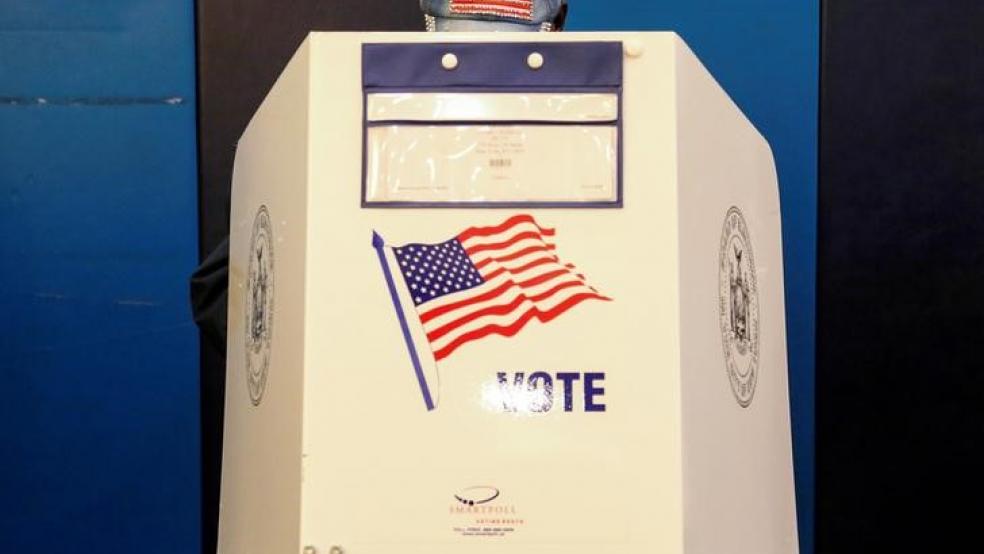Election infrastructure is still vulnerable to manipulation and states don’t have enough money to secure their voting systems before the 2020 election, according to a new report published by the Brennan Center for Justice at New York University School of Law.
Spurred by Russia’s extensive effort to interfere in the 2016 election, Congress included $380 million for election security in the $1.3 trillion federal spending deal signed into law last year. But those funds, divided among the states, were only enough to fix the most obvious problems, leaving many vulnerabilities in place, one of the paper’s co-authors told Joseph Marks of The Washington Post.
“We’re facing foreign intelligence services that are throwing everything they have at trying to penetrate our elections, and states don’t have the resources they need to defend against that,” said co-author David Salvo, director of the German Marshall Fund’s Alliance for Securing Democracy initiative.
Pennsylvania, for example, spent all of the $14 million it was granted on new voting machines that provide a paper trail of votes cast, an important upgrade. But it lacks funds to train its election works and test its voting system, the report said. Alabama, on the other hand, spent its $6 million allotment on a voter registration database, auditing and computers, but doesn’t have enough to replace its voting machines.
Lawrence Norden of NYU said that states need upwards of $1 billion to fully secure their voting systems, and ongoing funding to keep the infrastructure secure. But no additional funds are expected this year. Although Democratic lawmakers in Congress have introduced several bills to provide more money to the states for election security, Senate Majority Leader Mitch McConnell (R-KY) has indicated that the issue is not a priority and is unlikely to receive any attention in the upper chamber.




